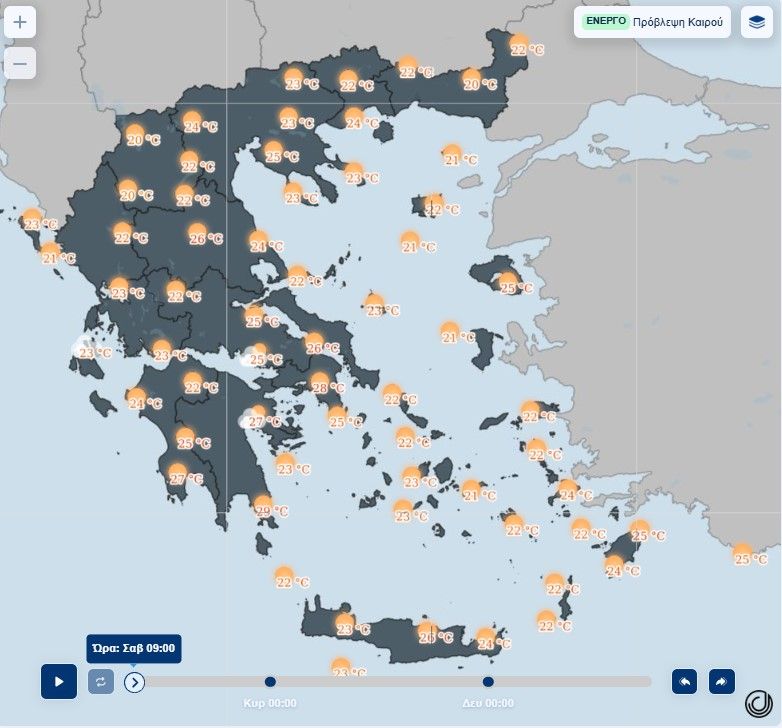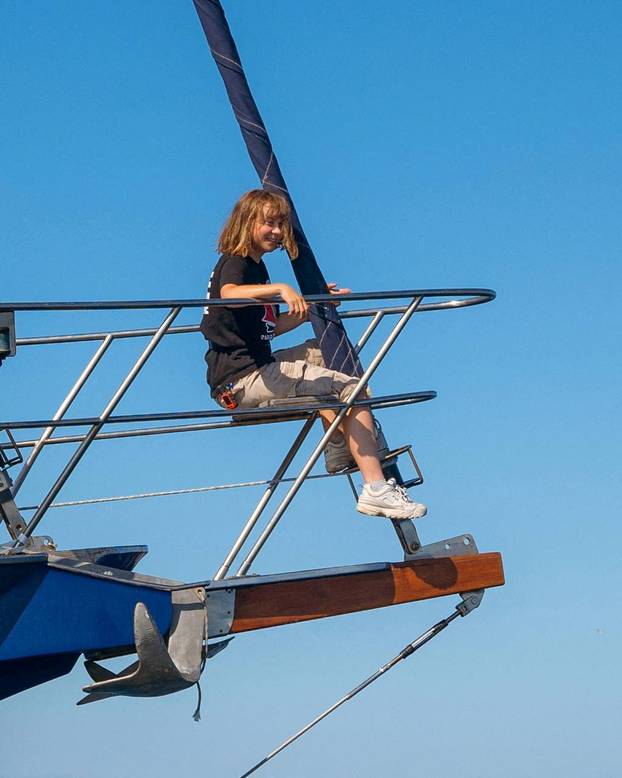‘Big Pressure, Anger, Fear, Contracts’

Dostoevsky’s « idiot » is a form of purity and truth in a world of corruption. How does this idea translate to today through your work?
My study on Dostoevsky is a wonderful risk, a bet to try to become idiots too. I seek to fast from many things: I don’t drink, I don’t smoke, I don’t play gambling, I am lying, I do not hide behind the convenient rules we present as allegedly personal exceptions.
How do you perceive goodness and responsibility in today’s society?
Alas if we convert goodness, abundance and concern into a disorderly impact, because then behaviors are justified that can be even awful. You carry the burden of beautiful responsibility, the constant influx of another person’s information. The clarity of consciousness carries within it the infinity of life. There is no real and false self. There is the manifesto of consciousness with which you are in the individual roles of your life.
Is the « idiot » just a theatrical character or something deeper for you?
For me, the « idiot » is not a stage style or a trend. It is the exploration of the manifesto of the responsibility of the most free and the most good coexistence. The project talks to materials that make a dramatic hero of interests and worthy. I think it’s probably Dostoevsky’s most personal work. The core of the author is in this weak, virtuous man. The « idiot » also talks to the « Dream of a ridiculous », where all the author’s philosophy is hidden in ten pages.
How personally do you experience this role?
The « idiot » is the most worthy hero for me to interpret him in full, 24/7 in my life. To become a « stupid » son, lover, friend, collaborator, artist, citizen, politician, neighbor, train passenger. I began to explore these materials after the thirty, coming out of unnecessary abuses, dependencies, extremes that often look artistic, erotic, poetic, beautiful, but behind them hiding the need for an anchor, for a childhood love, for the « stupid » connection with him. So, withstand you to be hit.
You referred to the period of life associated with dependencies. What is that?
At some stage of life every person becomes a thickening. Others can also live it in the postponement. For me, the probability window opened around 30.
What do you mean by the term « probability »?
It is a phase that has a core of artistic and patriarchal. The apostate of the potential Don Juan. When you are in a society where everything is a stock market – e.g. Five shows to see, the three best rising – and in this endless comparable can cause a shock.
How does this relate to the environment in which you grew up?
I grew up in a libertarian security, with good reason, acceptance, understanding and trust. However, when you get into adult relationships – erotic, professional – fears, guilt and repulsives. It was the moment when I had to decide who I wanted to be and what I want.
When did this happen?
When I was confronted with the irrevocable, lifelong, indestructible love. It was times when I did deep confessions, I was humiliated, I apologized for what I might have done. Then, after thirty, experience, anger, fear, consequences.
What did the most decisive role in your change played?
The erotic connection. The honesty you can say « I can so much here ». This may not « sell », but it is essential and necessary. I realized that I couldn’t have « and the whole pie and the dog full ». The body and the soul first understood it. When I first started accepting and then doing abusive behaviors. To speak badly, to be aggressive. Until my thirties there were no in my life. It was a gradual « Dostoyevsky » disintegration. Anxiety about career, for erotic acceptance. There is also the « cigarettes, drinks and nights ».
Was there any element of yourself that you didn’t expect to emerge?
I feel that I have always had a father and a maternal element inside me. But I found myself to socialize a role I had not sought.
How did your shift start?
By humiliation. I was blessed because it happened in timely stages. I didn’t live something that was not back.
Did you seek help?
Yes. When I invoked my reference person, I cried in my mother’s and father’s arms and said, « I want help, I have lost myself. »
Was there a time when it shocked you in particular?
At the time I did all my confessions, I received a message from a man I think I was wrong, who said, « My abuser was. » These words have disintegrated me daily for two years.
How did you manage to move on?
What released me was the recognition of my feminine nature. The acceptance of the fact that, as the mother understands and embraces the earthly, perpetual connection, so I had to embrace and understand each other’s psyche.
Have you ever felt that you have denied your parents’ expectations?
Only my own. And my psychiatrist has said it fine: « Everest’s fading. » It is the moment when you accept that I may not get an Oscar, not prime minister. That we can be more moderate, more normal, but wonderful, unique, separate people. This is my daily ascetic. It never ends.
You grew up in a political environment but you followed your own way. In this fight you are doing, what was your mother’s role and who of your father?
I am blessed that I grew up with this father (ed. Mimis Androulakis), who allowed me to smear on his books and notes. I grew up in a free stadium, but I had a sense of measure as a child. As an adult, when I lost her, I had to find it again from the beginning.
And your mother?
My political model is my mother. If I were her boyfriend when I was growing up, I would say, « Don’t let the role of mother experience the competition with the woman’s » want « . »








